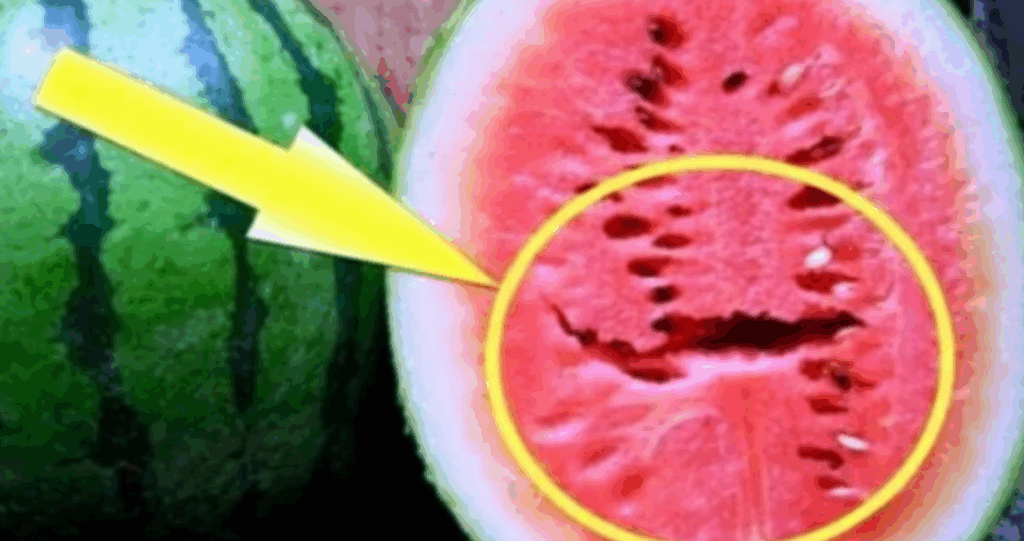Watermelon is without a doubt one of our absolute favorite fruits—especially during the hot summer months when temperatures soar. On scorching days, nothing beats the refreshing, juicy bite of a chilled slice of watermelon.
It’s not only delicious and hydrating but also packed with essential nutrients that energize and nourish the body.
This vibrant fruit is more than just a tasty treat. It’s rich in water, natural sugars, vitamins, and healthy carbohydrates that provide a quick and natural energy boost. In fact, nearly 90% of watermelon is water,
which makes it an excellent source of hydration. Its natural diuretic effect also gently flushes toxins from the body, promoting overall wellness.
During a heatwave, when it feels like the air itself is too heavy to breathe, a crisp piece of watermelon can feel like a lifesaver. It’s affordable, easy to find, and one of its best qualities is that it stays fresh in the fridge for several days—perfect for daily enjoyment.

However, as with many things that seem too good to be true, there are hidden dangers to be aware of. Unfortunately, under certain conditions, consuming watermelon can pose serious health risks.
It may sound hard to believe, but there are cases where watermelon consumption can actually be harmful. That’s why it’s so important to know what signs to look out for and when to say no—even to your favorite summer fruit.
One red flag to be aware of is the presence of cracks inside the flesh of the watermelon. You may have experienced this: you cut into a watermelon and notice large, unnatural-looking splits in the pulp.
Most people shrug it off and eat the fruit anyway, but this could be a dangerous mistake.
Why? The explanation is unsettling.
These internal cracks are often the result of a chemical substance called forchlorfenuron. This synthetic growth enhancer is sprayed on fruits to accelerate their development, helping them grow faster and larger

—especially in industrial-scale farming operations where quantity often trumps quality.
While it may seem like a harmless shortcut, forchlorfenuron has been linked to serious health risks. Studies suggest that it may increase the likelihood of developing cancer and can also cause severe neurological disorders that are difficult to treat.
So if you ever open a watermelon and see strange fissures or abnormal patterns in the flesh, it’s best to be cautious. Discard the fruit immediately—your health is far more valuable than a momentary craving.
Watermelon can and should remain one of the highlights of summer, as long as we make smart choices. Always inspect the fruit carefully—both inside and out—and when in doubt, choose watermelons from trusted sources or ask your vendor about the origin.
Remember: freshness and health go hand in hand, especially when your body is the most precious thing you have.

